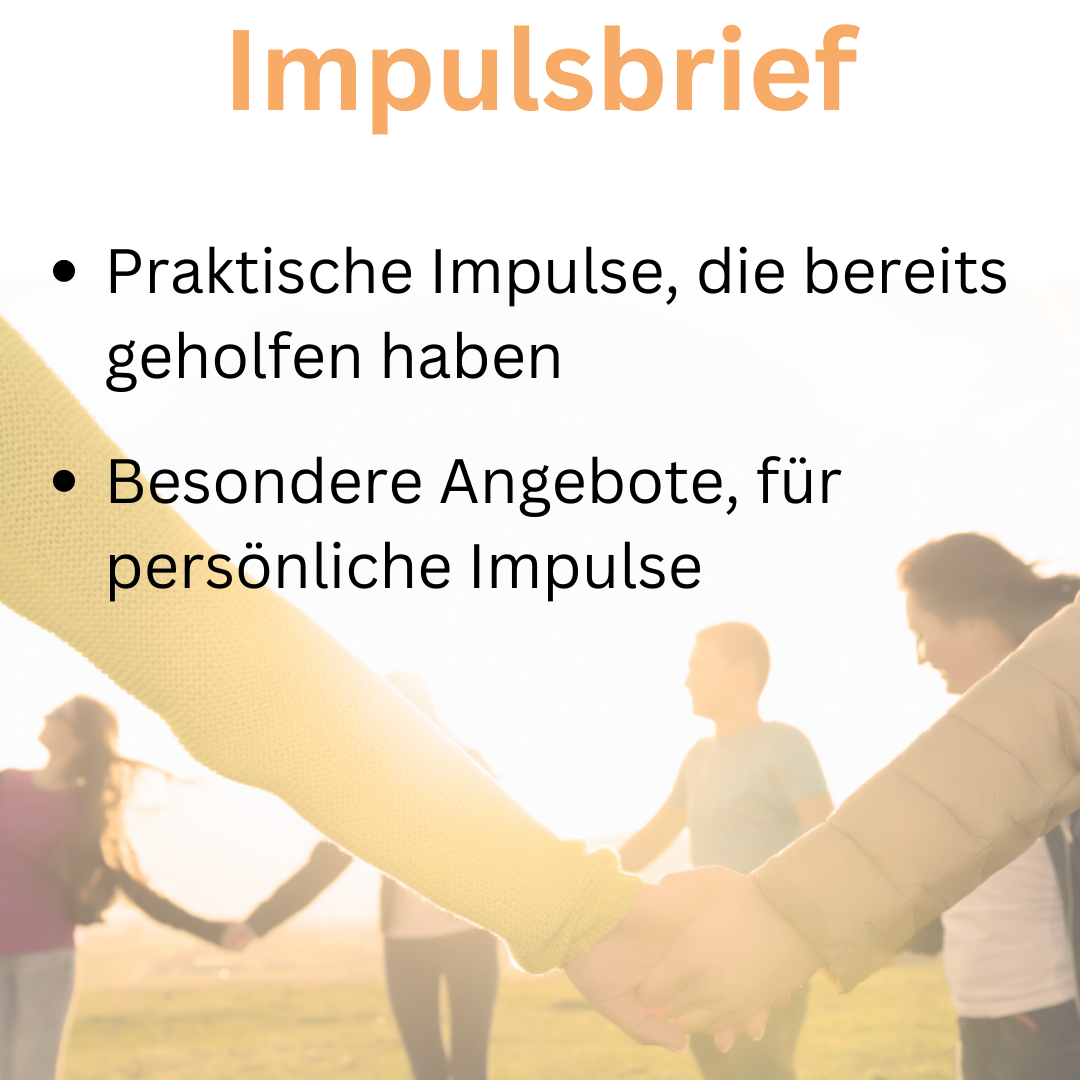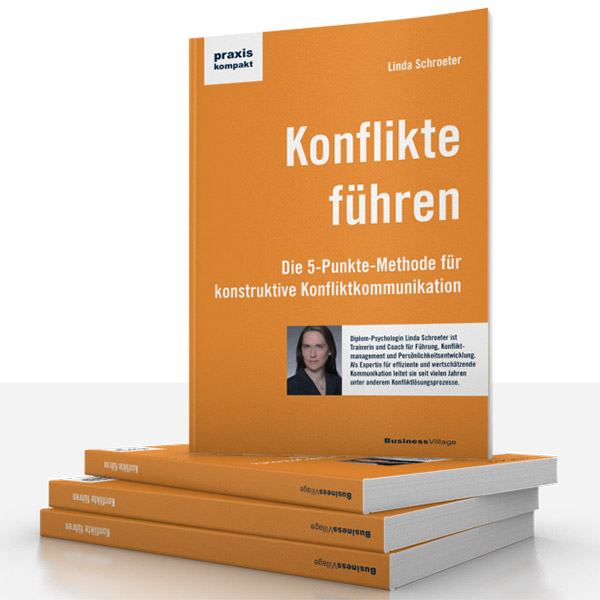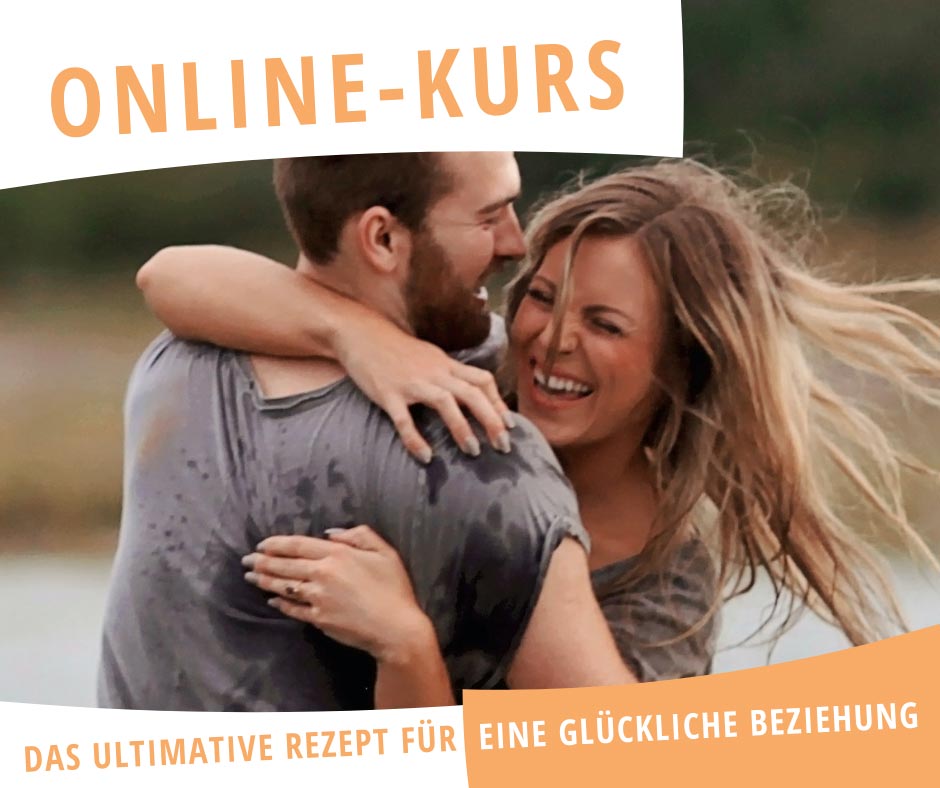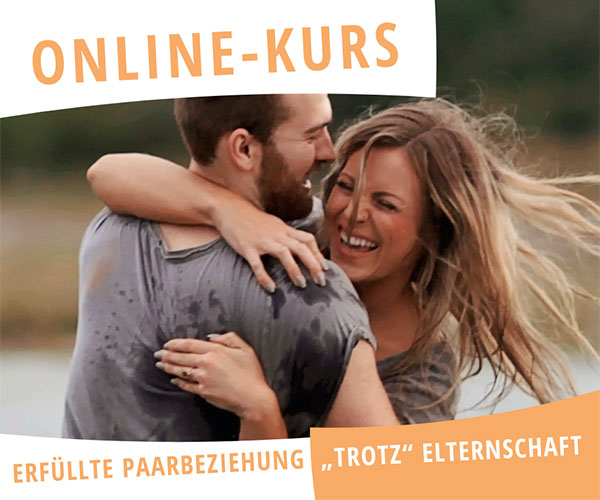We have to allow ourselves the full range of emotions (internally)! Otherwise we are dangerous for our fellow human beings! Why?
Because as humans we carry all emotions as responses to situations and memories and these can be activated.
But if we pretend that we never have feelings of anger, envy, revenge… it’s like walking down a street and pretending that there are no cars. This could be really dangerous for us and also for drivers and other road users!
Everyone knows cholerics who seem to get angry out of nowhere. They don’t usually want to be aggressive themselves, but they are always “overwhelmed” by these strong emotions.
Or the friendly, well-adjusted person who sometimes boils inside… and suddenly it comes through: in a very hurtful side comment or as an internal injury that can create space as burnout, depression or even physical illness…
But isn’t it right to reject aggression, revenge, anger and hatred?
At the action level: Yes! I don’t want to encourage anyone to act on these feelings!
On an emotional level: No!! If we don’t allow ourselves to feel the emotions and maybe even feel the impulse to act, in less mindful moments they can carve out pathways that can be very destructive. Or we follow them at the moment when the intensity just gets too high and we lose the inner struggle.
But how can we then specifically deal with such “ugly” emotions and impulses?
1. Don’t fight with them
If we have decided not to follow them on an action level, but to consciously give them space, we can relax on a certain level. It’s like giving our violent emotions (if necessary with support) an entire beach inside to let off steam, an entire soccer field where our inner parts can roar and romp, or a place where inner parts can even smash something. And we, as the main consciousness, hold the space and look with compassion at those feelings within us that feel so exposed that they need the intense emotions to keep from collapsing.
What does it mean: Strong emotions help not to collapse?
We don’t typically become angry, hateful, or vindictive when we feel safe, valued, strong, and empowered. Emotions such as anger and vengefulness usually arise from feeling hurt, helpless, and/or powerless. When someone first feels depressed and then switches to aggression, that is actually already an increase in consciousness. Of course, that doesn’t mean we should stay in it. But these aggressive feelings are a healthy and necessary transitional stage between helplessness and self-efficacy. It is important that they show themselves and are allowed to be felt. And if we, as the main consciousness, hold the space for these feelings ourselves (or someone else for us or with us), then we can feel what has hurt us, what we urgently want to change in our life, want to address, want to clarify, so that we can feel safe and comfortable again.
2. Understand the information our anger has for us
When we don’t allow ourselves to feel our anger—or, more strongly, our hate—we tend to disregard our own boundaries. If we keep smiling and pretending “everything is fine,” we only keep building up until we eventually explode or implode.
It’s important to really take our feelings seriously. That doesn’t mean that they always fit the current situation 1:1. Sometimes a situation reminds us of something and brings back old hurts and thus triggers old intense feelings. Then it’s not about pouring the old feelings uncontrollably onto the person opposite us. But it’s worth looking at why that was triggered and to what extent we want to make contact with this person differently, or it’s an invitation to finally heal old wounds.
So, let’s welcome our anger, jealousy, revenge and hate! -To get to know them and to care for them lovingly!
If you want impulses for dealing with your violent emotions or those of other people around you, you can get 15 minutes of free impulses. Just click on Impulse: Impulse
Thanks to Andrea Piacquadio from pexels for the photo






0 Comments